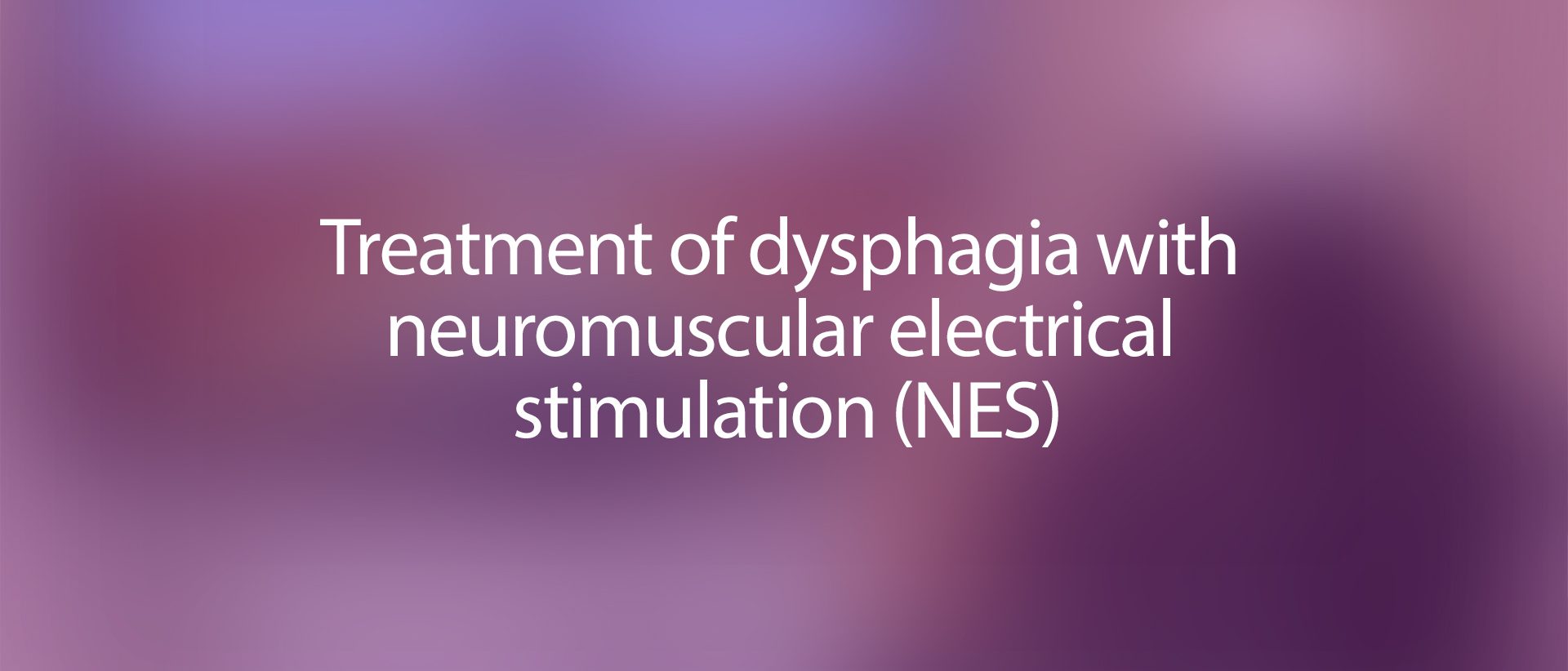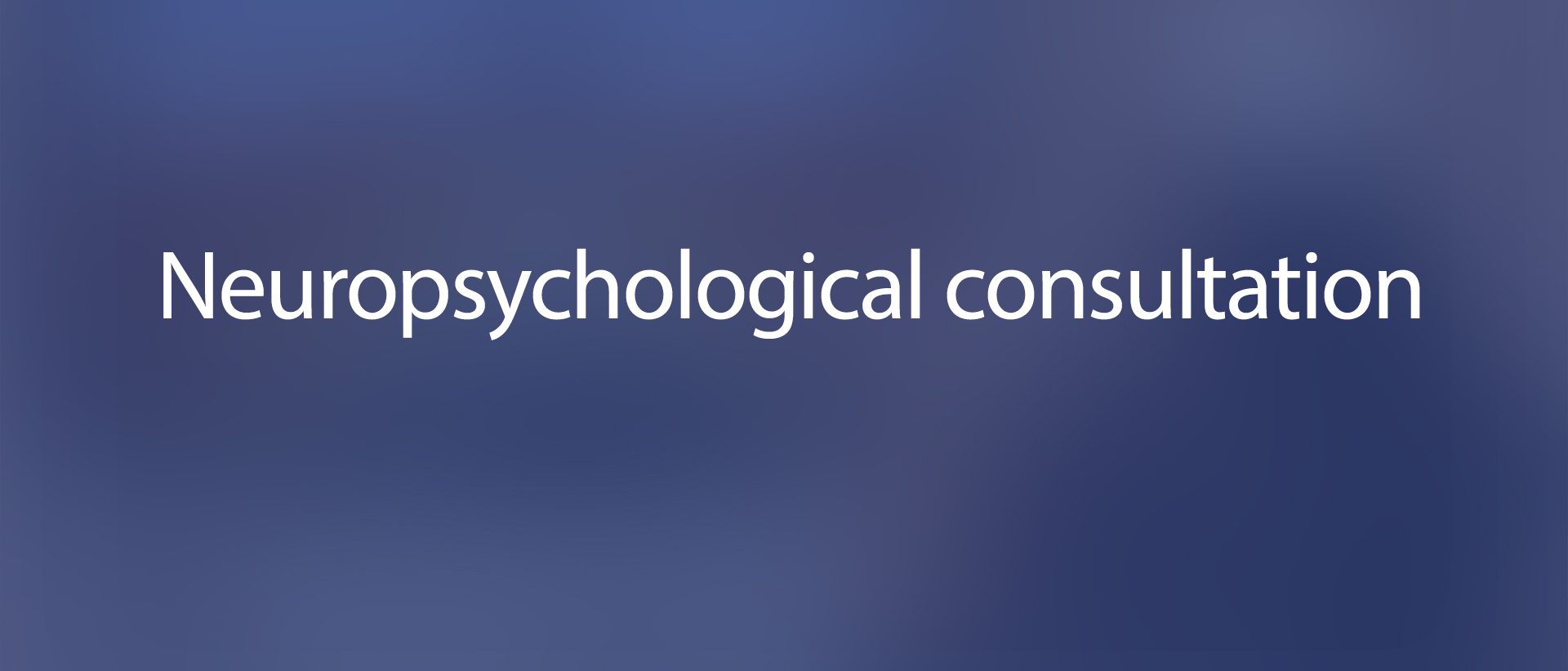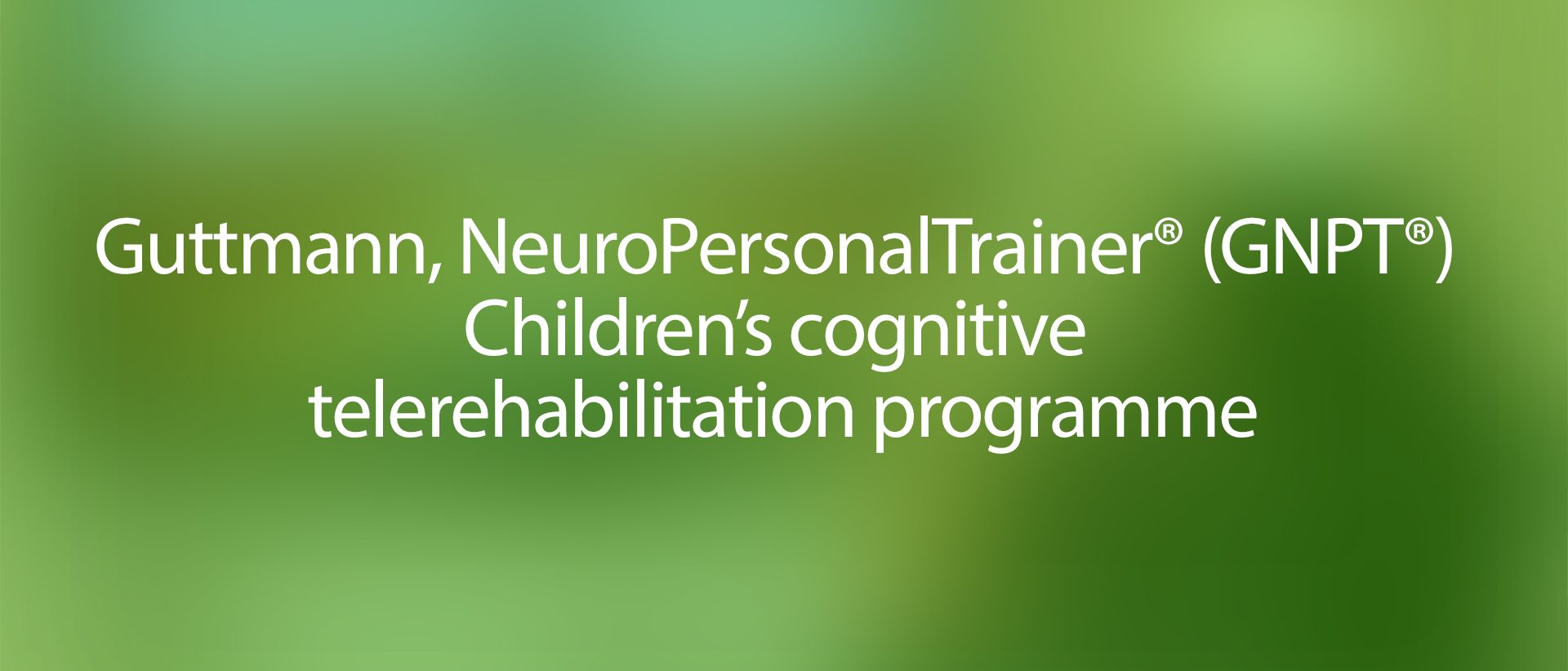
 What is it?
What is it?
Aphasia is the loss of the ability to produce or understand language, due to injuries in specific areas of the brain. In most people, their specialised language areas are found in the left hemisphere. Therefore, an injury in these areas can cause aphasia symptoms.
 Who is it for?
Who is it for?
This programme is aimed at patients with non-fluent aphasia, that is, aphasias with difficulty for verbal expression that maintain an acceptable capacity in language comprehension. However, they have to be in a stable phase of development; in stroke, this is considered to be after the first 6 months since the injury occurred.
In most cases the cause of the injury will have been a stroke, but patients with aphasia caused by another aetiology (head trauma, tumours…) may also benefit from the programme.
 Techniques used
Techniques used
Transcranial magnetic stimulation (TMS) allows us to modulate the activity of the cerebral cortex painlessly and safely. Through this modulation and in conjunction with intensive speech therapy, we can contribute to the improvement of aphasia.
 Type of intervention
Type of intervention
- Initial medical and speech therapy assessment.
- Magnetic resonance imaging (MRI) to locate the optimal point of stimulation with TMS.
- 10-session treatment programme (from Monday to Friday for two weeks) in which 20 minutes of TMS is first performed, followed by 2 hours of intensive speech therapy.
- Final assessment to identify the level of improvement achieved and set therapeutic recommendations.
 Request more information by clicking here
Request more information by clicking here





